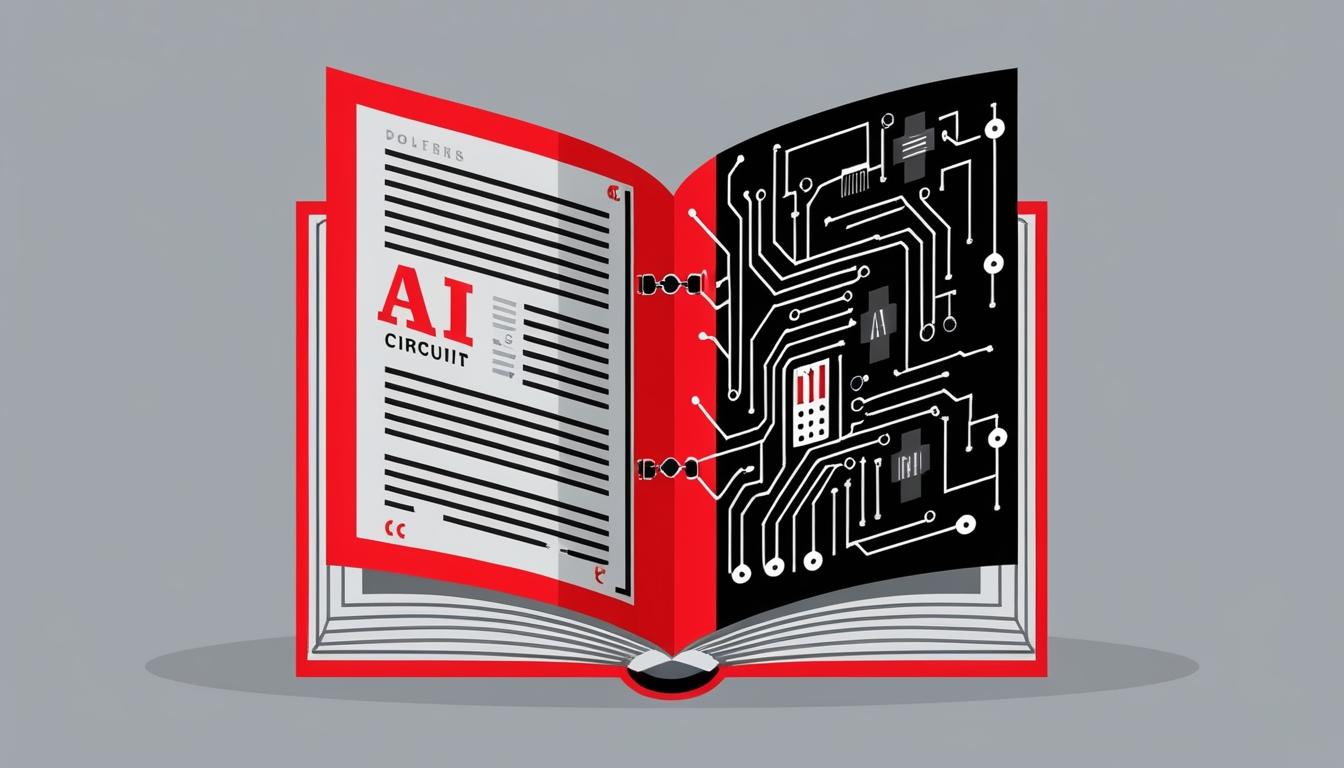The integration of artificial intelligence (AI) into academia is rapidly advancing, particularly in New Jersey, where universities are increasingly recognising its significance across various disciplines. As AI technology evolves, education institutions are restructuring their curriculums to prepare students for a future significantly influenced by these innovations.
This trend follows the growing recognition that AI is not merely a technological phenomenon but a profound societal shift. Eliezer Yudkowsky, an American computer scientist, underscored the complexities of AI, warning that “by far, the greatest danger of artificial intelligence is that people conclude too early that they understand it.” His perspective emphasises the necessity for educational institutions to delve deeper into the implications of AI.
Robert Bullard, the associate vice president for external engagement and economic development at Rowan University, explained that the demand for understanding AI applications is increasing across various fields of study. The university is developing interdisciplinary courses intended to foster critical thought regarding the broader impacts of technological advancements. “Our new programs will prepare students to navigate the complexities of AI deployment in the real world,” Bullard stated.
At the New Jersey Institute of Technology (NJIT), a $10 million initiative serves as the foundation for all AI-related education and research. Recent research efforts have amassed approximately $60 million, indicating a robust engagement with AI topics such as machine learning, data science, and AI ethics. Matthew Golden, NJIT’s vice president for communications, pointed out that machine learning and data science continue to attract students due to their practical applications across various industries, notably in predictive analytics and automation.
Stevens Institute of Technology is also making significant strides in AI education. Brendan Englot, director of the Stevens Institute for Artificial Intelligence (SIAI), noted that their offerings extend beyond conventional engineering and science fields, providing master’s degrees in areas like machine learning, applied AI, and robotics. Englot attributed the popularity of these programmes to their alignment with industry needs and involvement from expert faculty.
The progression of AI-related curriculums is noteworthy, as universities adapt consistently to the shifting technological landscape. Englot elaborated, “One of the key ingredients of a modern curriculum is to ensure we have the most relevant faculty expertise possible." This adaptability is further supported by advisory boards comprising industry professionals who help keep educational content pertinent to market demands.
Collaboration with leading technology firms is a pivotal aspect of curriculum development. Golden highlighted the importance of these partnerships, which enable NJIT to maintain a dynamic curriculum responsive to emerging trends. Efforts such as the newly established Center for Educational Innovation and Excellence at NJIT aim to integrate advancements in teaching methodologies with AI technologies to enhance educational outcomes.
The academic landscape is not limited to conventional degree programs; there is a notable expansion into AI certification offerings. NJIT, for example, provides a graduate certificate in AI, designed for professionals seeking to enhance their skills in this domain. Likewise, Stevens Institute offers various certificates tailored to specific applications of AI in sectors such as healthcare and pharmaceuticals, catering to both career development and transitions.
Looking forward, Rowan University is planning to introduce additional AI courses that will explore the legal, ethical, and societal implications of these technologies, fostering a comprehensive educational approach. Bullard indicated that this collaborative effort will involve multiple disciplines to ensure that students gain a well-rounded perspective combining technical acumen with ethical considerations.
As these New Jersey universities lead efforts in AI education, they play a crucial role in equipping future generations with the skills required for navigating the complexities of an increasingly automated world. The evolving nature of AI, driven by innovations in machine learning and socio-ethical discussions, highlights the need for educational institutions to remain agile, continuously updating their curriculums to prepare students for the challenges and opportunities that lie ahead.
Source: Noah Wire Services
